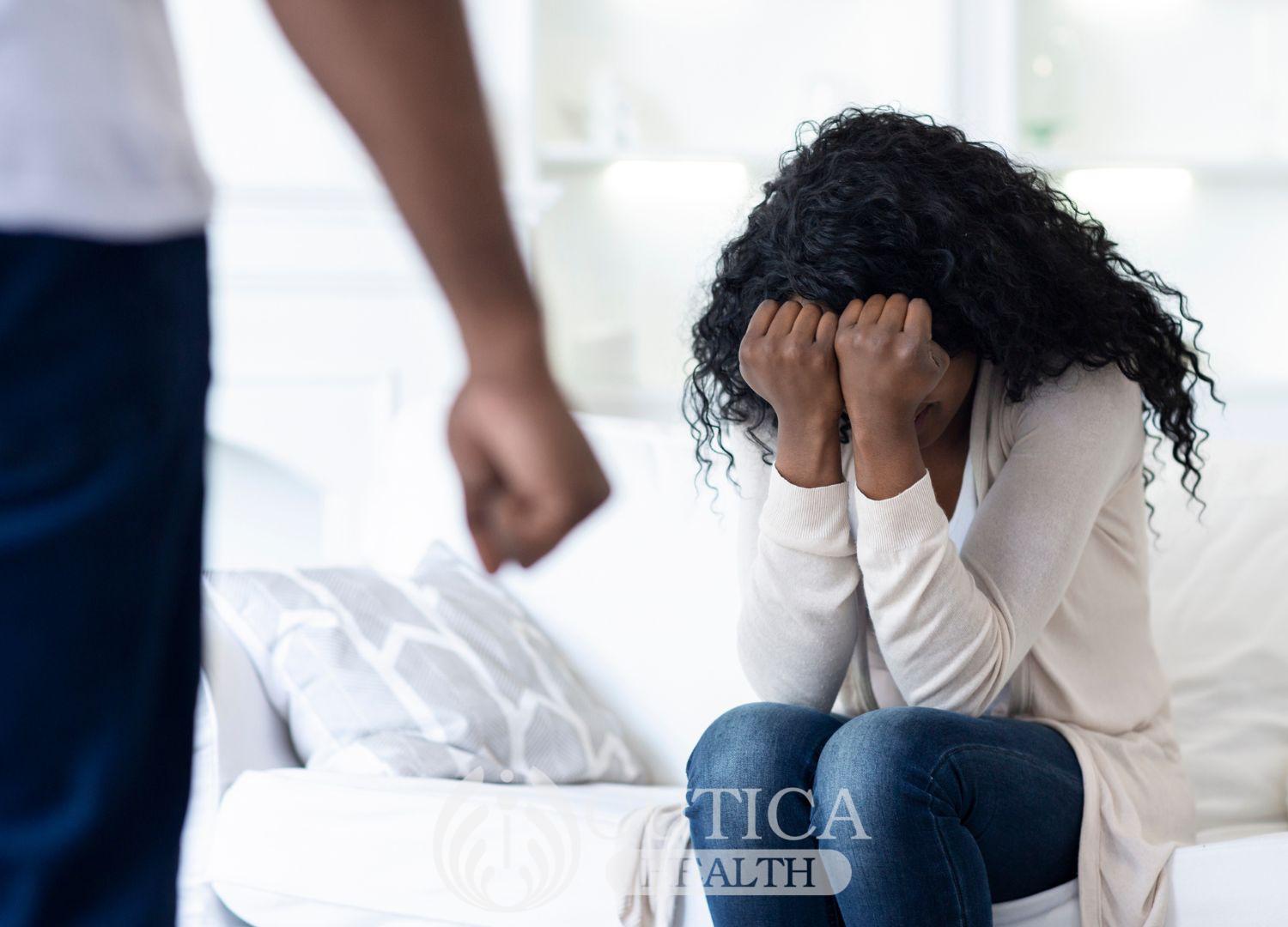
"Iana started seeing Greg a year ago. He was so nice, much nicer than any man she ever had dated. He listened to her, helped out in the house, and was so eager to start a relationship with her. Eight months into the relationship, Greg seems to have changed. He gets angry when she hangs out with her friends and always wants to know where she is and with who. Recently, he's stopped her from meeting her friends or family and hits her whenever she protests about it."
The World Health Organization (WHO) defines intimate partner violence as "behaviour by an intimate partner that causes physical, sexual or psychological harm." This includes sexual coercion, acts of physical aggression and abuse, stalking, emotional abuse, and controlling/manipulative behaviours.
An intimate partner can refer to a current romantic partner or spouse as well as dating partners and former spouses.
Recognize the signs
Although abuse can be glaring to people outside the relationship, the person being abused may be unable to identify the signs. This may be because a relationship can be violent and harmful even in the absence of physical harm.
Some signs to watch out for includes:
- Possessiveness: your partner tries to control your life. They want to know who you are texting/calling, where you are, and what you are doing at all times of the day.
- They threaten you or your loved ones with violence
- They threaten to harm themselves if you leave.
- They are physically violent toward you (hitting, pushing, forced sexual acts).
- Tries to isolate you from your friends and family by being rude to them or painting all their actions in a negative light.
- Attacks your self-worth and self-esteem: they constantly compare you to other people and say things like "no one else except me will ever want you." They insult your intelligence, mental health, appearance, etc in public or privately.
- Controls your access to money and keeps you financially dependent on them.
- Spiritual abuse: they prevent you from practicing your religion or causes you to question your own religious thoughts and beliefs.

Abuse takes many forms and being able to recognize that you are being abused is the first step to freeing yourself from it.
Build a support team
In many cases of intimate partner violence, the abused partner ends up going back to the abuser. Often, this is because they have no support and nobody to lean on or they are advised to go back to the abuser. Support can be financial, a place to live, and people to talk to. When making the decision to leave, it's a good idea to share your thoughts with trusted people who can protect you from the abuser and help you find help.
Shelters and organizations dealing with cases of abuse and partner violence are a safe bet if you have to leave in a hurry or have no friends/family to turn to. Find out which ones are closest to you and have a good reputation.
Seek professional help
Many victims of violence internalize abuse as something they caused by acting a certain way or not doing things right. Usually, it's because their abuser told them so or because they remember how loving their partner was at the start and believe it's their fault the person changed.
Talking to a mental health professional such as a psychologist or psychiatrist can be very helpful. They can help you handle the negative thoughts and beliefs and emotional trauma you might have developed during the relationship. If you have any injuries or fears of sexually transmitted diseases, please see a medical professional.
Conclusion 
1 in every 4 women and 1 in every 11 men has experienced intimate partner violence. This form of violence is often more common than you think, and most cases are not reported. Most people in violent relationships will not speak up about it unless prompted, so please be a friend and speak to the person about it.
If you know someone who is being abused or you are in an abusive situation, please find a way to get help and leave.












